
Stung Parliament
After the Italian election, the old is dying and something superficially different but not all that new has been born.

After the Italian election, the old is dying and something superficially different but not all that new has been born.
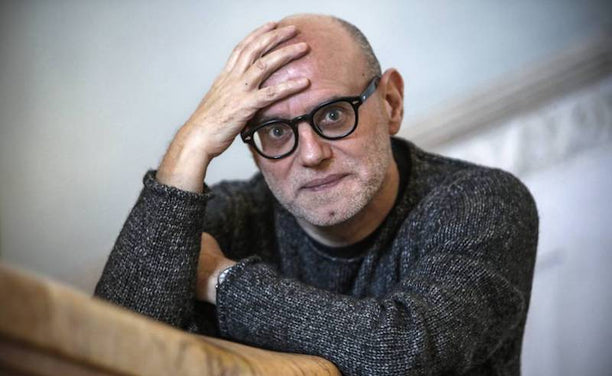
We must break with “anti-totalitarian” horizon inherited from the neoconservative restoration of the 1980s.

"There is much in the relationship between states and ultra-right vigilantism that makes the dividing line ambiguous" – Liz Fekete

The University of Michigan is preparing for a visit from white supremacist Richard Spencer. If past is prologue, then the UM administration’s policy will tend toward disengagement and caution, rather than effective resistance.
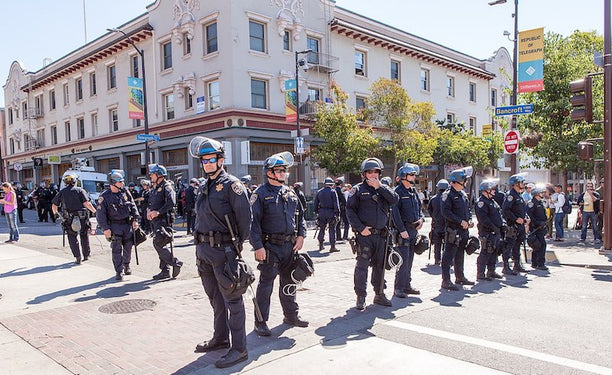
Judith Butler asks what happens when free speech clashes with other basic values.
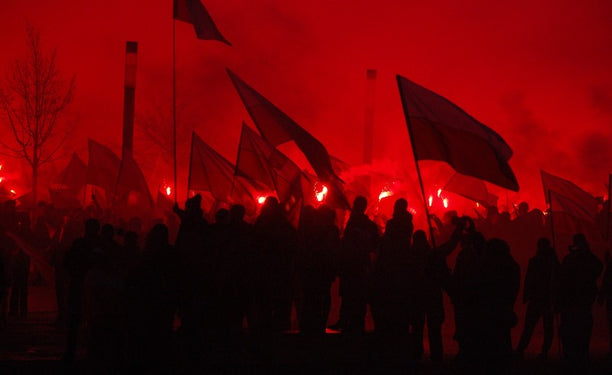
Responses from Chiara Bottici, Neil Faulkner, Rose Sydney Parfitt, Tim Jacoby, Charlie Post, Yannis Stavrakakis, William I. Robinson, Laurence Davis, Elena Loizidou, Cenk Saraçoğlu, Eva Nanopoulos, Chip Berlet, Stephen Hopgood, and Jessica Northey.

From part three of The Rise of Hindu Authoritarianism, Achin Vanaik's proposed framework for evaluating contemporary authoritarianism and nationalism.
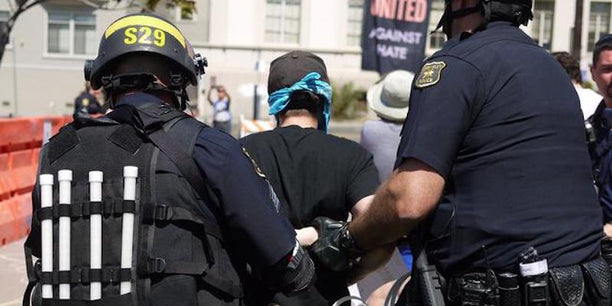
The repetition of words like “thug” and “gang” in media coverage of anti-fascist demonstrators suggests the degree to which mainstream journalists, and centrists more widely, understand challenges to the state in the same euphemisms with which they express their own deep anti-blackness.

Today we must remember Heather Heyer and all those who left their homes in the morning to fight for justice, knowing that they might not come back. These people are never angels or saints. They are ordinary people, like you and me. Their refusal could not be silenced.
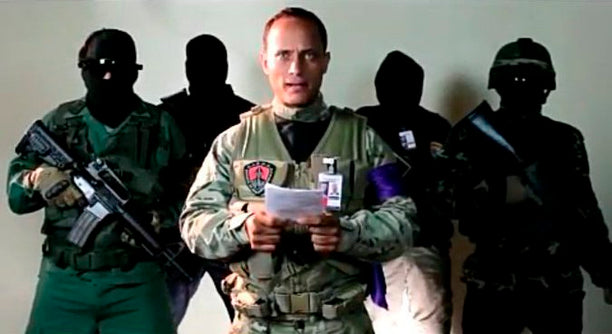
Much mainstream media coverage of the helicopter attack on Venezuelan government buildings has focused on Oscar Alberto Perez’s bombastic statements about “restoring constitutional order.” But listen closely to the other expressions and terms Perez uses in his video statement. They provide a window into a fascistic form of thought that may come to define the opposition in Venezuela.

In General Intellects there was only space to cover twenty-one influential theorists. I'm often asked why this or that figure is not in it. Here's an attempt to compress the work of Nick Land — one I'm most often asked about. And certainly one of the most controversial.
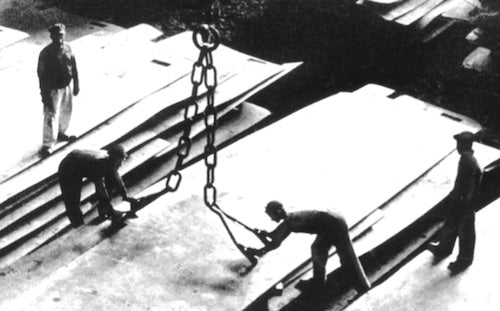

Brecht considered War Primer part of “a satisfactory literary report on my years in exile,” as he wrote in a 1944 journal entry. Since this first English language reception of War Primer on the centenary of Brecht’s birth in 1998, what are we now to make of his poignant modernist epic of four-liner lyrics and scrapbook photos? Today, in our post-crash era, with its renewal of Marxism, Brecht the formalist can be freed from a series of postmodern qualifications. War Primer’s historical intervention can be seen in a new way today. With the far right politically relevant again, Brecht’s image-by-image analysis of social democracy, America, and fascism, which is the veritable heart of War Primer, possesses fresh relevance.